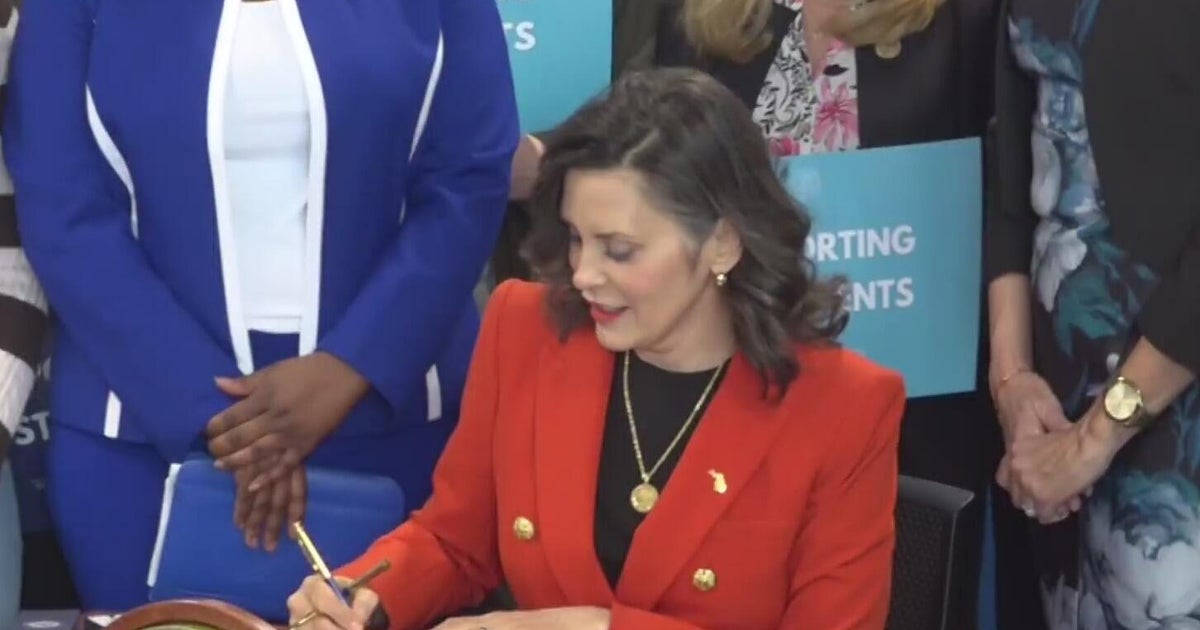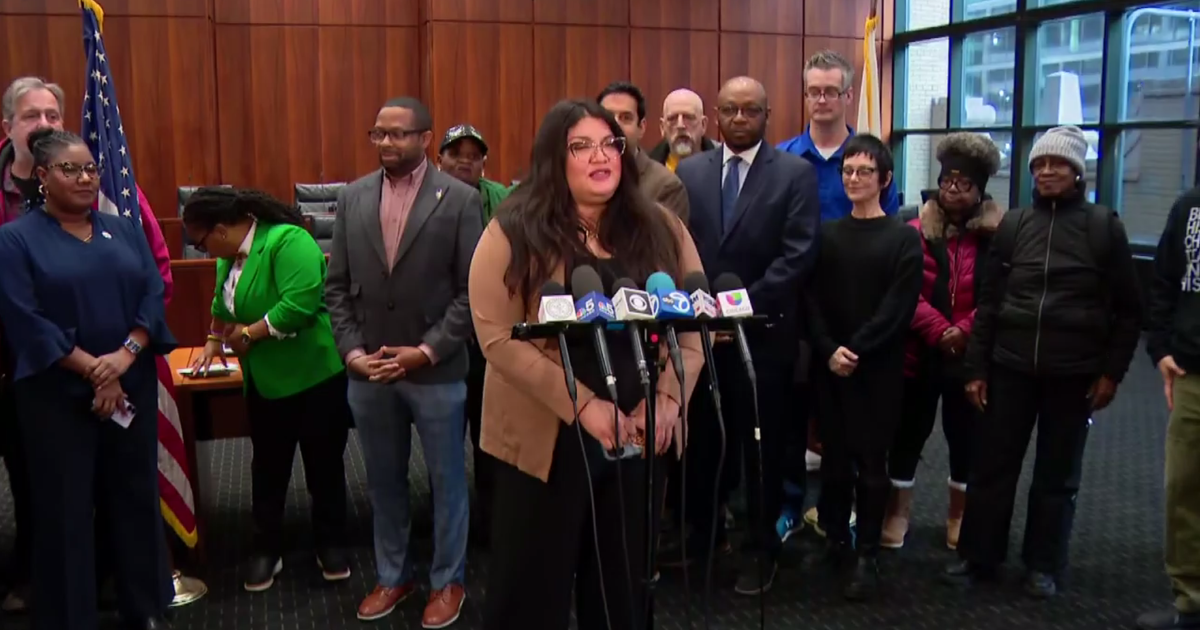Biden says K-12 education isn't working — calls for free pre-K to "grade 14"
President Joe Biden on Wednesday praised the nation's K-12 education system for fueling America's economic growth for almost a century. But, he stressed, that system may no longer be sufficient as the foundation for future prosperity.
Mr. Biden's American Families Plan is taking aim at an issue that has bedeviled economists as well as millions of families struggling to stay afloat financially: A high school diploma is no longer enough to secure a middle-class life. Under the White House proposal, the nation's K-12 system would be expanded on both ends — from free pre-kindergarten education through a "grade 14," funding two years of schooling before kindergarten and two years of post-high school education through free community college.
There's plenty of economic research that links rising high school graduation rates throughout the 20th century to faster U.S. economic growth. For example, broadening education help women enter the workforce and enabled men to migrate away from agricultural jobs into higher-paying manufacturing and office work. By 1980, almost 9 of 10 Americans in their late 20s had at least a high school diploma.
But in the last several decades, the value of a high school degree has eroded, with Pew Research finding that income for the typical high school graduate sank by almost 10% between the mid-1960s and the mid-2010s.
In contrast, college graduates have enjoyed income gains in the past few decades, leading to a record earnings gap between college and high school grads. The COVID-19 crisis has only exacerbated those disparities, with college-educated workers quickly rebounding as the economy has recovered during the pandemic while less educated workers lose ground.
"We know a good job with simply a high school diploma is almost impossible," said Arne Duncan, Secretary of Education under Barack Obama, during a Wednesday call with reporters to discuss Mr. Biden's plan. "That has to be a jumping-off point. Some form of education beyond high school — a two-year degree, vocational training — has to be the norm."
That may encounter resistance among many families and students, given that almost two-thirds of adults over 25 years old haven't completed a college degree. And half of Americans ages 13 through 29 believe a high school diploma is sufficient to prepare them for a good career despite the evidence that points to the contrary.
High school graduates are falling behind partly due to what's called "degree inflation," or when employers demand a college degree for a job even though the position doesn't require one. That's impacting jobs ranging from administrative assistants to manufacturing roles, with about 40% of factory jobs now requiring a college degree, double the share in the early 1990s.
In Mr. Biden's view, it's not only competition from U.S. workers with college degrees that are elbowing out high school grads, but advances from other nations.
"The world has caught up, or catching up. They are not waiting," the president said in his Wednesday address to Congress. "Twelve years is no longer enough today to compete with the rest of the world in the 21st Century."
Almost half of high school grads aren't working
The pandemic hit millions of workers, but it particularly hurt those without college degrees. Because they typically work in low-paid jobs that can't be done remotely — such as in restaurants, child care or retail — these workers suffered bigger job losses than college grads, many of who could transition to remote work.
High school graduates have been slower to recover their jobs as the pandemic lingers, creating a so-called K-shaped recovery with two tiers of workers moving in opposite directions. For less educated workers, the economy remains stuck in the mud, while college-educated workers have largely regained their footing.
Almost half of high school grads across the U.S. are today out of the workforce, according to government data. About 55% of adults over 25 with high school diplomas were working in March, compared with 59% before the pandemic and about two-thirds during the late 1990s. By comparison, roughly 7 in 10 college grads are in the workforce, about on par with where they were prior to the pandemic.
Adding two years of free community college to the nation's education system "will keep high-wage jobs in this country," Duncan said, adding that when people are shut out of economic gains, "It's not just an economic loss, I see a real sense of alienation."
The cost to taxpayers of offering free education for two years beyond high school would be about $109 billion over a decade, according to a Goldman Sachs analysis.
$200 billion in pre-K
The other part of Mr. Biden's plan calls for a public investment to fund two years of pre-kindergarten education. Through partnerships with the states, the nation's 3- and 4-year-olds would have access to free, high-quality preschool. That would affect 5 million children and save the average family $13,000 in child care and related household costs, according to the White House.
Research shows that, for individuals, investing in pre-K leads to better long-term education, employment and earnings prospects. One well-known study by Nobel laureate economist James Heckman of the University of Chicago found that low-income children who attended preschool were more likely than those who didn't to finish high school without being suspended and more likely to be employed full time or be self-employed.
Providing free pre-K will also help parents, especially mothers, return to the workforce after millions of people stepped back due to remote-schooling demands and the strain of the pandemic, experts say. About 6.2 million people said they weren't working in March because of remote school or the need to care for children not in school, according to Census data.
The cost to taxpayers for Mr. Biden's pre-K plan would be $200 billion over 10 years, according to Goldman Sachs. But that money would be "very well spent," said Dean Baker, senior economist at the liberal-leaning Center for Economic and Policy Research, on the Wednesday call with reporters. "More of these kids will get decent jobs."



